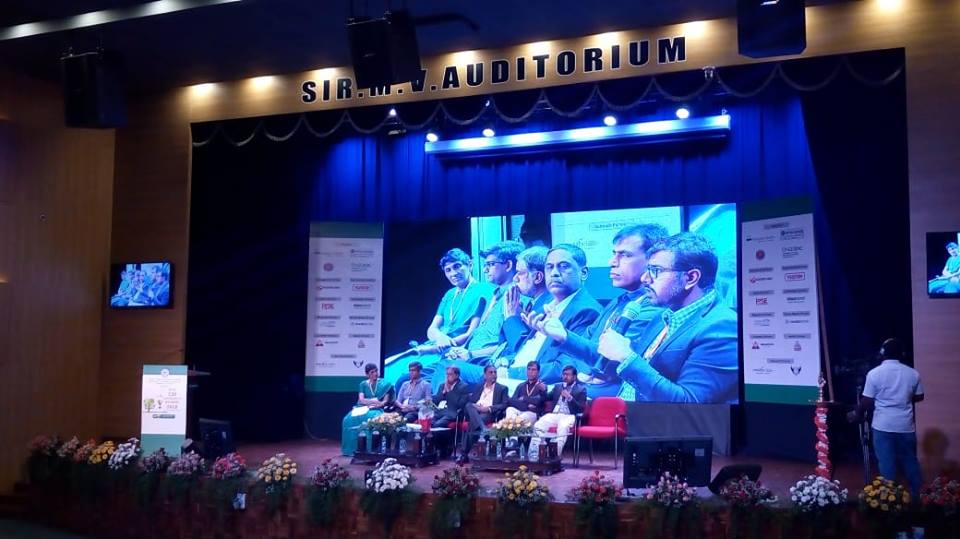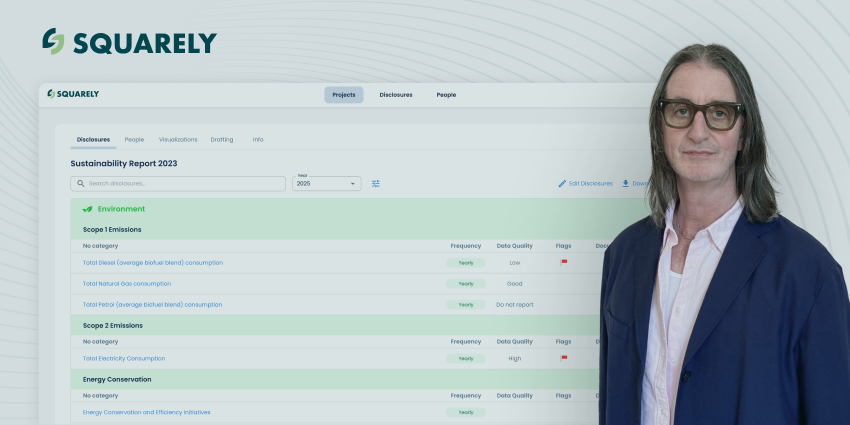INDIA - FKCCI EVENT: IDEATION OF CSR PROJECTS
Background and Context
Companies in India carry a long tradition of conducting community development/CSR programs to establish and secure, continually, a social license for their operations. CSR Spending of 1,505 companies rose from 1.3% to 1.64% in the third year (2016) after the CSR law implementation. (AVPN, Social Investment Landscape in Asia). However, there is still much work to be done to increase the effectiveness of spending and measuring the impact of the work carried out.
With the aim of improving effectiveness of CSR interventions in India through open dialogues, a panel discussion was hosted by the Federation of Karnataka Chambers of Commerce and Industry (FKCCI) at its annual CSR Conference and Awards.

Attended by speakers from the government, foundations, think tanks, NGOs and institutions, the event shared how CSR Programs can be designed to achieve collective impacts. Complex social issues can only be solved when the solutions reach the needs of all stakeholders involved.
5 Crucial Questions to be Addressed at the Ideation Stage of CSR interventions by our colleague – Karthikeyan Elangeswaran – Director of Impact Management and Responsible Investment.
Karthikeyan proposed 5 questions that should be reviewed at the designing stage of a social-environmental development intervention:
- Are we identifying the significant stakeholders?
- Are we capturing the material issues raised by stakeholders?
- Are we addressing the negative impacts and counter-productive measures and conflict situations between stakeholder interests and environmental and societal interests?
- Are we applying scientific approaches to identify and measure outcomes?
- Are we having a participatory governance, community ownership, collective accountability and exit strategy to enrich sustainability of the collective impact?
To illustrate his point, Karthik cited a successful Water Resource Management intervention of the Ambuja Cement Foundation in Kodinar, Gujarat. The main objective of the project was to reserve salinity, improve water quality and increase water availability for agricultural and household consumption. The impact evaluation of this project showed enormous social-environmental benefits. Despite the positive impacts, the interventions placed unforeseen risks on the safety of human and wildlife in the area in the dry season. Due to lack of water, the wildlife had no alternative option but to share the same water sources as local residents, creating conflict and competition. This issue could have been anticipated at the designing stage if the the forest department was engaged. An important material topic like human and animal safety could have therefore been identified.
To reserve the negative impacts and manage conflicts with various stakeholders requires the investment of money and time. The 5 questions above, indeed, will help increase effectiveness and secure intended outcomes of the interventions.
At Sustainable Square, we strive to amplify the effectiveness of CSR spending, sharing genuine and real-time impact stories in various forums. Please follow us to find regional and global best case practices from fellow practitioners of CSR and social impact in India.


